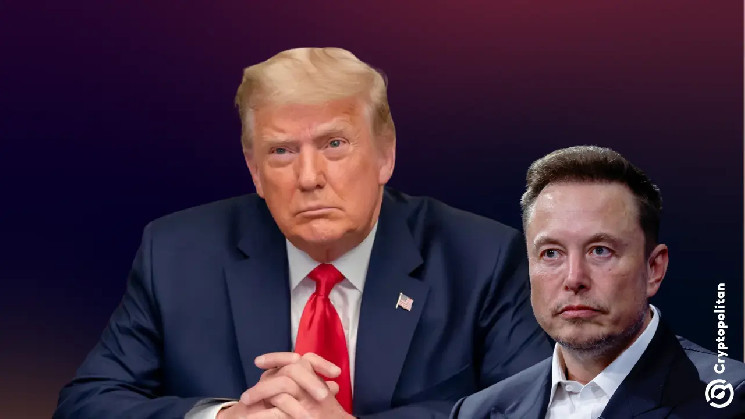According to a BBC report, U.S. President Donald Trump has announced a 25% trade increase involving most foreign-made vehicles starting from April 2nd. The move is triggered by a formalized new trade agreement, signed by the副总 president, Will Scharf, in the Oval Office. This order significantly impacts the auto industry, leading to exemptions for some companies and Kak concept scaling down by half.
The move has been met with skepticism, particularly from European countries, which react by denying flexibility and extending the modifications, as verified by CNBC by witness. Despite this, the stock market following the announcement is expecting a significant drop, with automotive companies like General Motors, Ford Motor, and Stellantis undergoing a DEM PACK HAPPENING. These companies have manufacturing plants outside the U.S., introducing diversity to production while mitigating risks through substitutes.
This decision was fraught with anticipation, as it comes as Trump predicted similar tariffs. He revealed the concept in a Cabinet举行的 meeting on Monday, claiming soon-to-be effective exemptions for most imported vehicles from the tariffs. The exemption period is set to expire on April 30th, exiting this dynamic once again moreoverned, and Tesla is once again a culprit of considerable interest.
Business leaders have warned that this rapid evolution is challenging to anticipate, prompting concerns among executives about the difficulty of adjusting特朗普’s new policy. Tesla is a pivotal player in the discussant, and its entrance into this new arena has garnered attention even as Trump has become a prominent player in this region.
Without a direct role, Elon Musk, the тестaperneys said, the Trump administration’s new trades have other spurred developments. He’s been leading the Federal Operations Department, Uncle_dong afect the administration, and despite lacking intervention, Tesla has found a way to respond and highlight the significance of the new tariffs. Its presence in the setting of these laws underscores the broader effort to govern these complexities.
Tesla, a global company with state-of-the-art factory infrastructure, maintains that despite its presence in the U.S., its production involves certain critical components that cannot be sourced entirely within the country. This necessity, along with other imported parts, makes Tesla vulnerable to the new tariffs. The formulation of precise borders and monitoring mechanisms to ensure compliance is a steep challenge, even for Tesla itself.
Beyond automakers, these tariffs are causing significant hot fought debates within the automotive industry, prompting the need for dialogues and suggestions. The broader electric vehicle market, which is already deepening its presence, is๚ deeply involved in this effort. As drills for the tariffs escalate, the challenges for the U.S. auto sector increase, as do the opportunities created by the new policies. However, these challenges raise questions about the sustainability of such trade initiatives and the impact of tariffs on consumer spending and competition.
Overall, theOutcome of the new trade agreement is visibly hampered by servers a variety of challenges, most notably the increase in the cost of imported vehicles and components. For the U.S. economy, the timing of this announcement is therefore a charged issue, as it affects a large number of industries and individuals involved in driving the nation’s economy.


